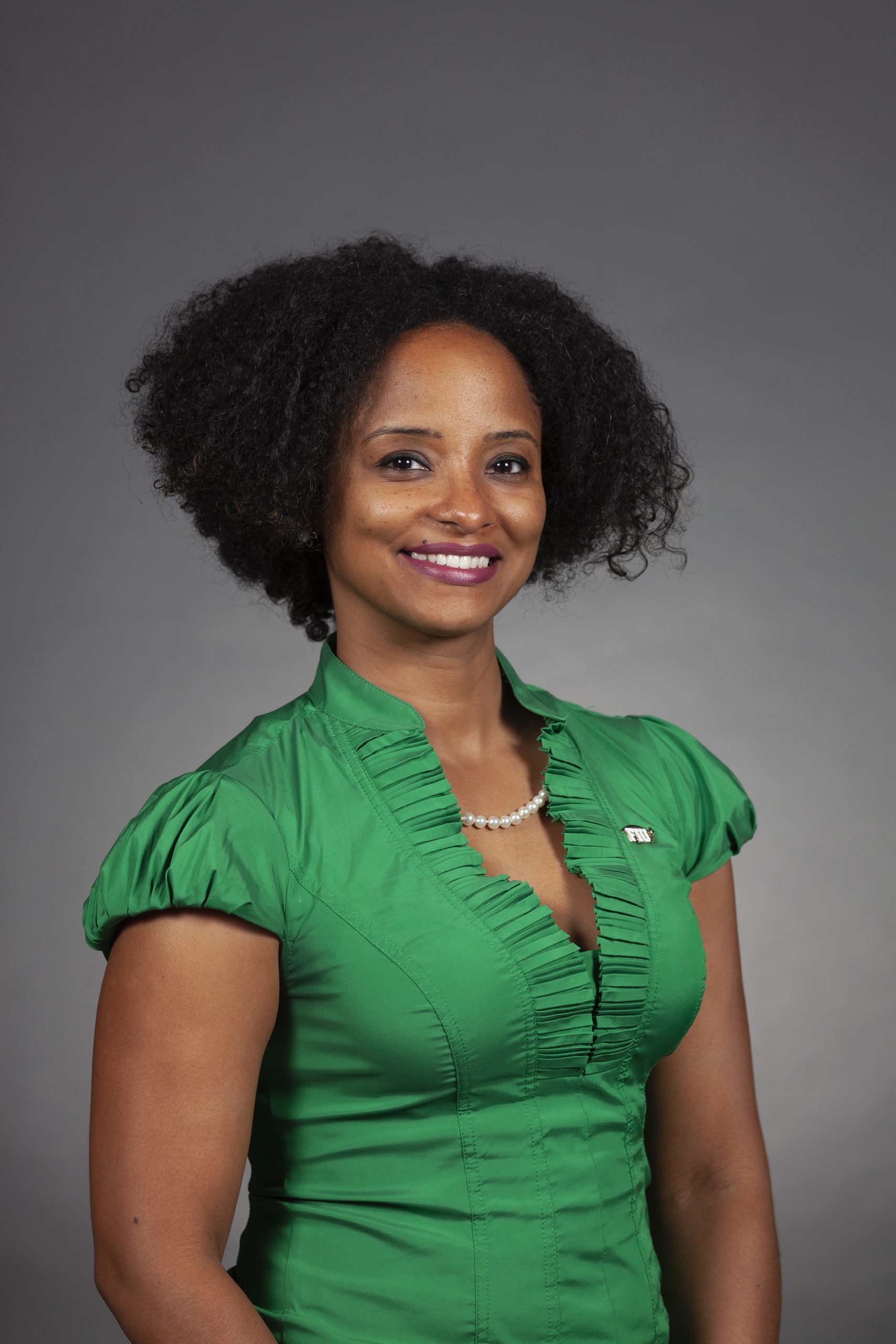
Dr. Michelle G. Thompson, Ph.D., LMHC
Current Position(s):
Postdoctoral Research Fellow, Office of the Vice Provost for Research/School of Social Policy & Practice | University of Pennsylvania
At FIU-CBRI:
Dr. Michelle Thompson graduated with her Ph.D. in Social Welfare from Florida International University in 2019. After her graduation, Dr. Thompson started a 3 year Postdoctoral Research Fellowship at the School of Social Policy & Practice at the University of Pennsylvania. Dr. Thompson’s research focuses on the well-being and (mental) health of sexual and gender minorities of color, examining the impact of racism, micro-aggressions on mental health disparities.
Dr. Thompson was a therapist and evaluator on CBRI’s EMPOWER study from 2005 to 2008, while she was completing her master’s degree in Psychology at Florida International University. She also completed her 2 years internship for state licensure under Dr. Staci Morris’ clinical supervision post graduation. From 2012 to 2018, Dr. Thompson returned to CBRI and was the SACRED study project coordinator during her graduate research assistantship while enrolled as a Ph.D. graduate student in Social Welfare at the Robert Stempel College of Public Health & Social Work at Florida International University. With Dr. Eric Wagner as supervisor and Dr. Michelle Hospital on her committee, Dr. Thompson received her degree in 2019. During her time at CBRI, Dr. Thompson received training in Motivational Interviewing (MI), Community-Based Research practices and grantsmanship.
Dr. Thompson was interviewed on December 7, 2020, and shared her thoughts and memories of her experiences at CBRI.
In what ways has working with the CBRI-team shaped your professional path?
“First, I learned about community-based research, how to make meaningful connections, and the importance of giving back in creating relationships with the communities we are serving. I learned that when making a study’s promotional materials, make them unique to the needs of the participants and the community. If it’s in a school, we’ll donate pencils promoting our project. This is the unique type of training that people don’t often get in the classroom. Second, I learned about behavioral interventions and how to apply them to help the community. Third, CBRI has shaped everything I’ve done professionally… from the mentoring, guidance and support, the family environment as a protected space… these have all led to my growth. Even with all the pressures of research at an R1 Research Intensive Institution such as FIU, creating the familial environment and mentoring was important at CBRI, and important especially for minorities of color, and first-generation students like myself. I am not sure if I would have stayed in academia without this environment. Finally, that mentorship is so important, no matter what level someone comes into CBRI. They facilitate mentorship in a way that someone comes out stronger in research and in work ethic, all of which I am grateful to have received.”
What do you remember most from your time at FIU-CBRI:
“I remember the potlucks; those were the greatest moments. Celebrating birthdays, baby showers, promotions, or whatever was going on. Despite the pressures of deadlines and deliverables, CBRI made it a point to celebrate everything, which spoke to the cohesiveness. The family is important, it’s about creating family.”

Recent Comments